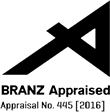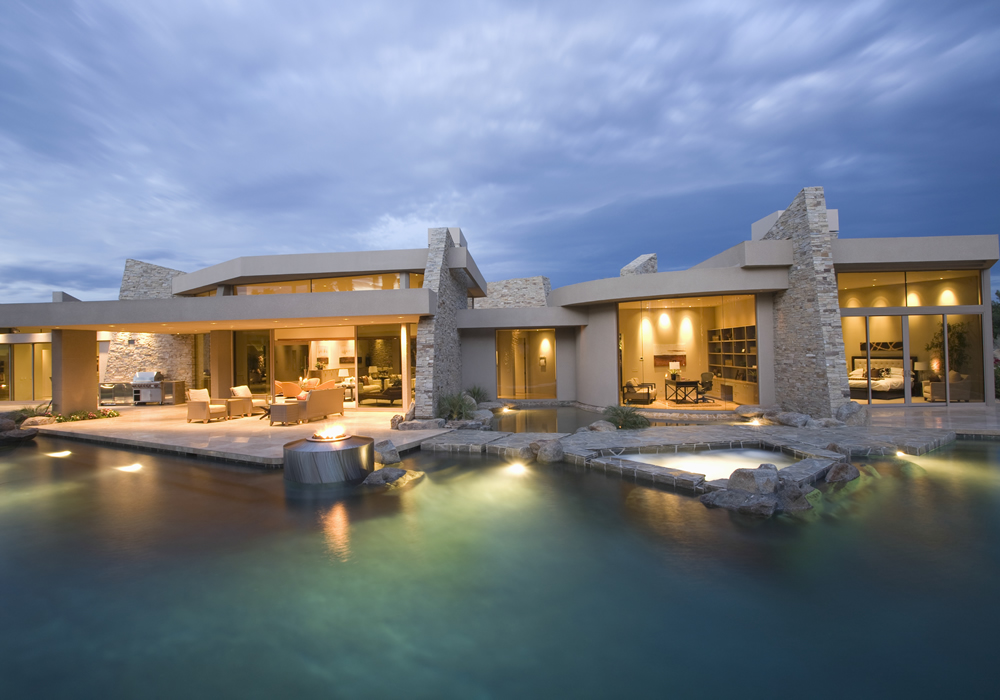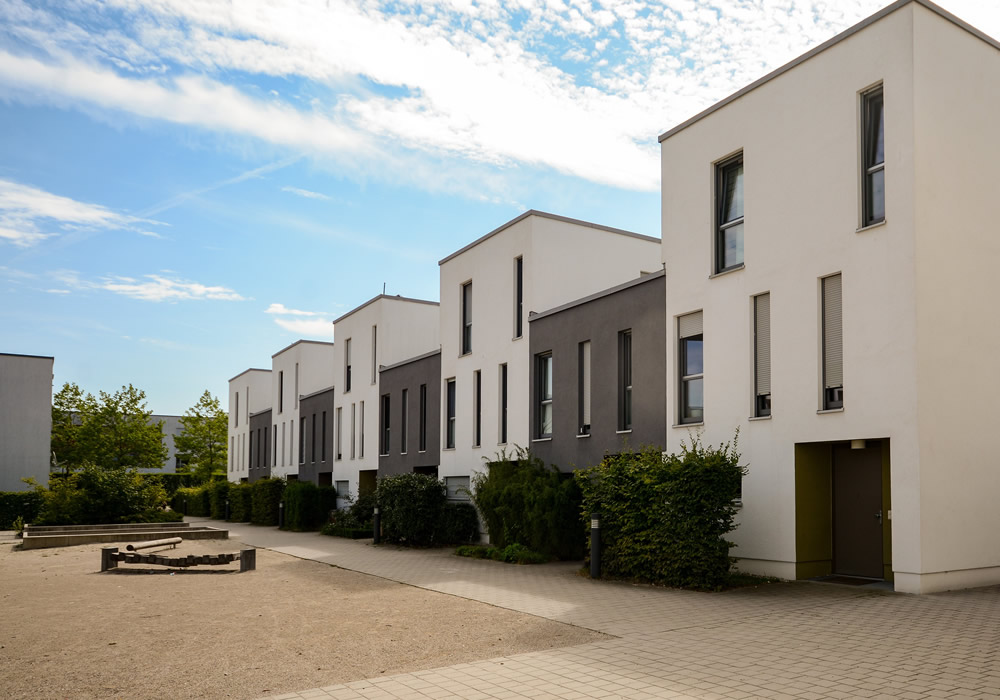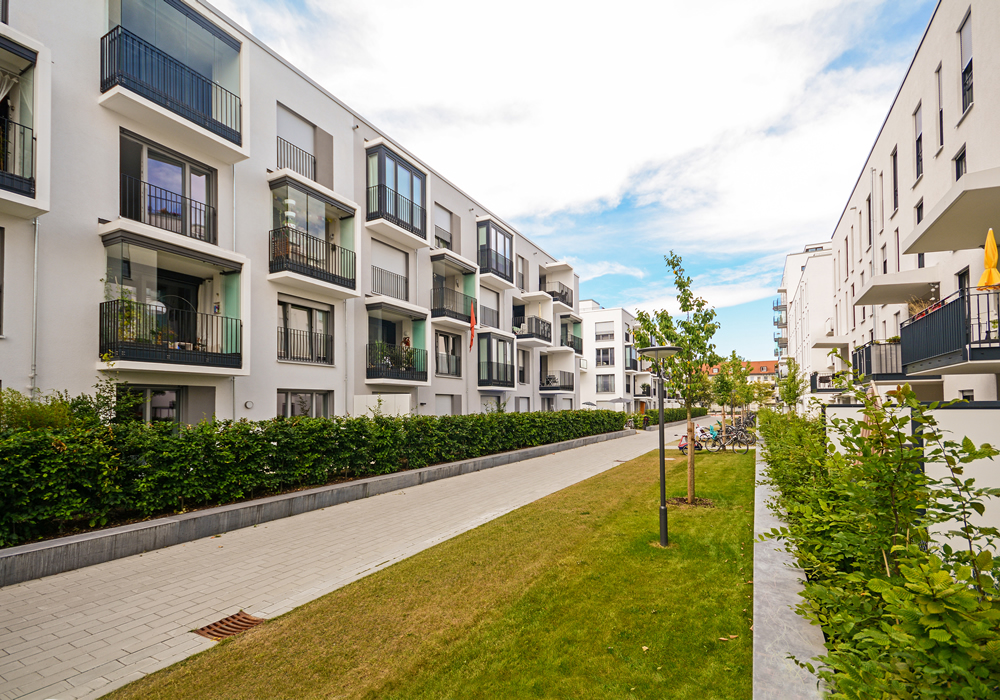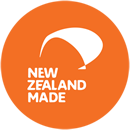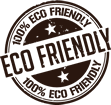We believe in providing healthy, durable building systems that respect sustainable building principles and provide economical solutions that lead the industry.
MESHCLAD is a highly-effective insulating plastering system for external polystyrene application. It is installed over a compliant drained cavity and is comprised of three layers of cementitious breathable mineral plasters reinforced with alkali-resistant fiberglass mesh and PVC and ABS flashings and trims.
The polystyrene sheets are mechanically fixed over a 20mm cavity to timber or steel framing and are available in thicknesses of 40mm, 50mm, 60mm and 75mm and in white, or carbonised panels.
Carbonised polystyrene panels have higher thermal insulation values and perform better in fires than white polystyrene.
MESHCLAD has been appraised by BRANZ as an external wall cladding system for buildings within the following scope:
- The scope limitations of New Zealand Building Code Acceptable Solution E2/AS1, Paragraph1.1;
- Constructed with timber or steel framing complying with the New Zealand Building Code.
- A risk score of 0-20, calculated in accordance with the New Zealand Building Code Acceptable Solution E2/AS1, Table 2;
- Situated in New Zealand standard 3604 Building Wind Zone up to and including ‘Extra High’ (Ultra Limit State)
MESHCLAD - when installed and maintained in accordance with the instructions provided by Mineral Plaster Technology will meet the provisions of the New Zealand Building Code.
E.I.F.S Drained Cavity Cladding System
This plastering system is for application over Expanded Polystyrene Sheets (EPS), which have been installed over approved drained and ventilated cavities. It is made up of 3 layers of cementitious mineral plaster reinforced with alkali-resistant fibreglass mesh and assorted PVC and ABS extrusions and moulds.
The polystyrene sheets are mechanically fixed over a 20mm cavity, to timber or steel framing, or bonded directly onto a masonry surface. This system is also ideal for the plastering and weatherproofing requirements of Structural Polystyrene Blocks and insulated concrete forms (ICF).
MPT’s MESHCLAD System is made up of BONDCOAT reinforced with alkali-resistant fibreglass mesh, SKIMCOAT and either FLOATCOAT or ADOBECOAT depending on the finish sought. It provides a warm, durable and crack resistant cladding.
Preparation
As a basecoat use MPT BONDCOAT. While the plaster is still green, lightly embed MPT 1.2m alkali-resistant mesh just below the plaster surface. Once dry, apply one coat of MPT SKIMCOAT to provide an even surface. Then apply MPT FLOATCOAT or ADOBECOAT plasters using a metal or plastic float or sponge to achieve the desired finish.
Structural control or expansion joints should be installed as in accordance with the MPT Meshclad Technical Manual. MPT vulcanised control joints are to be filled with a BRANZ appraised MS Sealant (we recommend and supply Sabre-Seal MS) and are not to be covered by the finishing textures.
When installed and maintained in accordance with the details given in the Mineral Plaster Technology Manual, the Mineral Plaster Technology MESHCLAD system will meet the provisions of the New Zealand Building Code, including clauses:
- B1, Structure;
- B2, Durability;
- C3, Spread of Fire;
- E2, External Moisture;
- F2, Hazardous Building Materials; and
- H1, Energy Efficiency.
All plaster must be over-coated with one coat of lime stop primer and 2 coats of high-build or elastomeric paint.
Paint colours chosen for the EIFS Drained Cavity Cladding System need to comply with NZ Building Code and must have an LRV (Light Reflectance Value) of greater than 40%.
All plaster and/or texture and paint colour samples must be signed off by the architect or owner prior to application.
Mineral Plaster Technology requires that all Mineral Plaster Technology products are applied by a trained and approved Mineral Plaster Technology Applicator to ensure integrity of the system for warranty requirements.
MPT
Plaster
Systems

Talk to us about your project
0800 25 23 678

